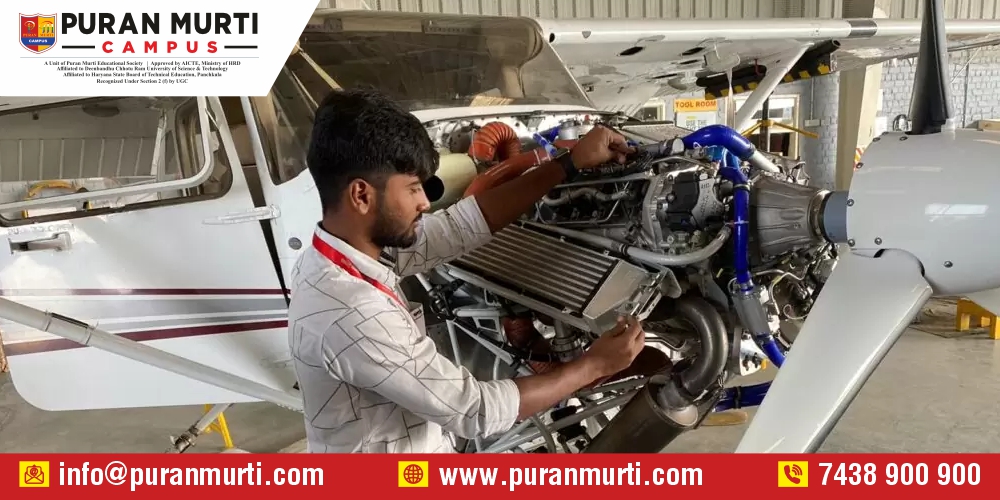What Is Aircraft Engineering?
Posted on : 27 July, 2024 12:38 pm
Aircraft engineering involves the design, development, and maintenance of aircraft. This field ensures that aircraft meet safety, performance, and regulatory standards. Aircraft engineers work on various aspects including aerodynamics, propulsion systems, structural design, and avionics. They are responsible for troubleshooting issues, performing inspections, and ensuring that aircraft are safe and efficient. This discipline combines principles of mechanical and aerospace engineering to innovate and improve aircraft technology. It plays a critical role in advancing aviation and maintaining the high safety standards required for air travel.
Key Areas of Aircraft Engineering
Aircraft engineering encompasses several critical areas, including aircraft design, which focuses on aerodynamics and structural integrity. Maintenance and repair ensure operational safety and efficiency. Propulsion systems involve the design and upkeep of engines. Avionics covers electronic systems and instrumentation. Engineers also work on materials science for durability. Systems integration ensures all components function together seamlessly. Safety engineering involves compliance with regulations. Research and development drive innovation in the field.
Key Areas:
- Aircraft Design: Aerodynamics and structural analysis.
- Maintenance and Repair: Ensuring safety and efficiency.
- Propulsion Systems: Engine design and upkeep.
- Avionics: Electronic systems and instrumentation.
- Materials Science: Developing durable materials.
- Systems Integration: Coordinating all aircraft components.
- Safety Engineering: Compliance with safety regulations.
- Research and Development: Innovating and advancing technology.
Core Responsibilities
Aircraft engineers are tasked with designing, testing, and maintaining aircraft to ensure they meet safety and performance standards. They conduct detailed inspections, troubleshoot mechanical issues, and perform repairs. Engineers are responsible for integrating new technologies and ensuring compliance with aviation regulations. They also collaborate with other engineering teams and manufacturers to improve aircraft systems and address emerging challenges, maintaining the highest standards of safety and efficiency.
Core Responsibilities:
- Designing Aircraft: Developing and refining aircraft specifications.
- Testing Systems: Conducting tests to ensure performance and safety.
- Maintenance: Performing regular checks and repairs.
- Troubleshooting: Diagnosing and resolving technical issues.
- Regulatory Compliance: Ensuring adherence to aviation regulations.
- Technology Integration: Implementing new advancements.
- Collaboration: Working with other engineers and manufacturers.
- Safety Assurance: Maintaining high safety standards.

